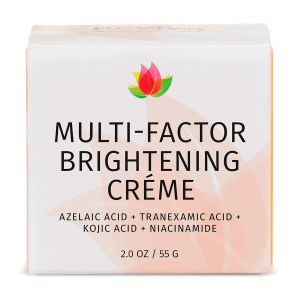Vitamin F
Vitamin F is a collective term for two essential fatty acids, linoleic acid (LA) and alpha-linolenic acid (ALA). These fatty acids are essential for the proper functioning of the body, as they are necessary for cell membrane structure and function, as well as for hormone production and metabolism. They are also important for maintaining healthy skin, hair, and nails, and are essential for healthy brain development in infants. Vitamin F is found in a variety of sources, including vegetable oils, nuts, seeds, and some green leafy vegetables.
Essential fatty acids, or EFAs, are fatty acids that humans and other animals must ingest because the body requires them for good health but cannot synthesize them.
Only two fatty acids are known to be essential for humans: alpha-linolenic acid (an omega-3 fatty acid) and linoleic acid (an omega-6 fatty acid). These are supplied to the body both as the free fatty acid or more commonly as some glyceride derivative. Deficiency in these fatty acids is rare. These fatty acids are essential because they are precursors to vitamins, cofactors. These derivatives include prostaglandins, leukotrienes, thromboxanes, lipoxins, and others.
When the two EFAs were discovered in 1923, they were designated "vitamin F", but in 1929, research on rats showed that the two EFAs are better classified as fats rather than vitamins.









